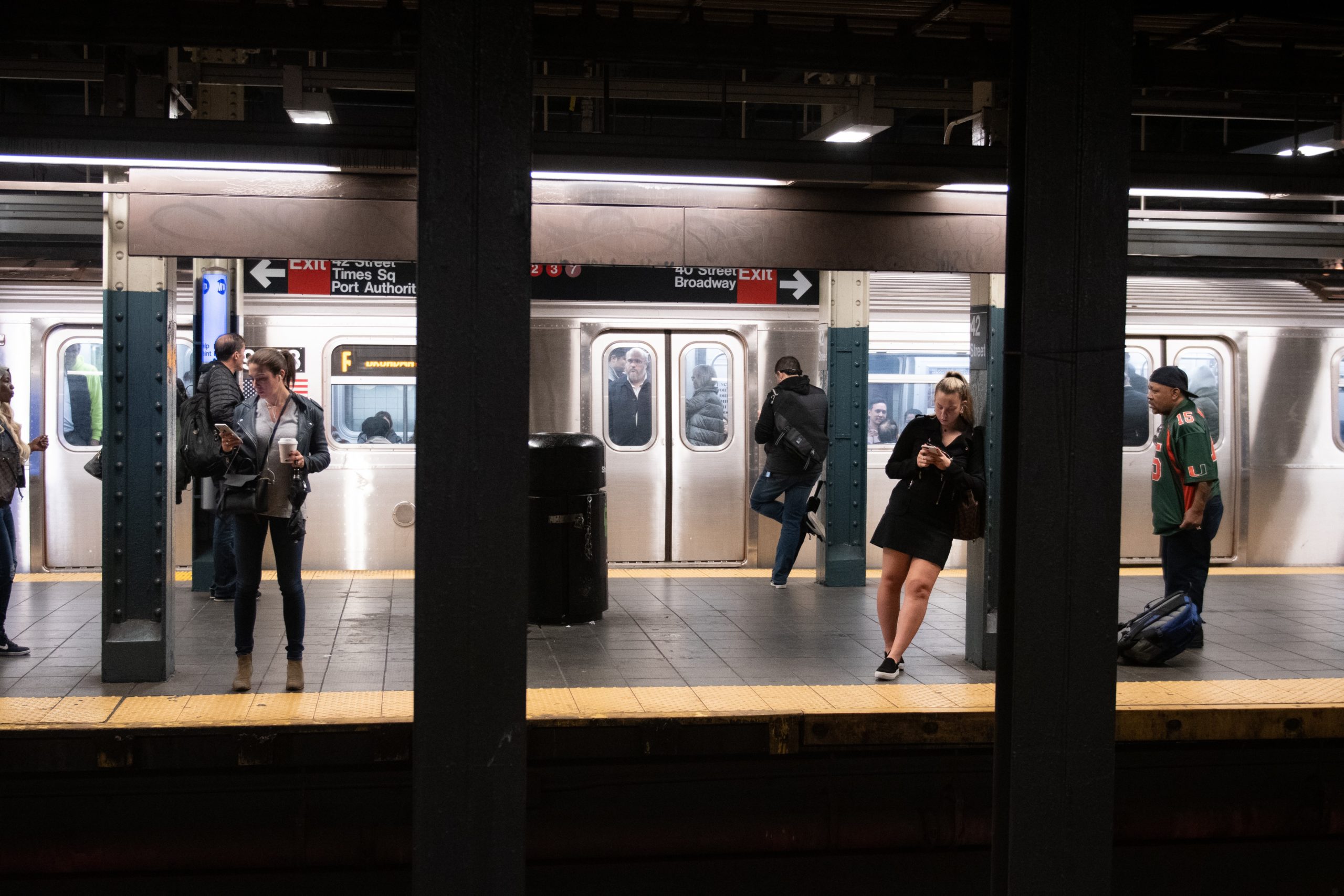The Homeless Society
Analysts and commentators talk about today’s “precariate.” The term plays on the Marxist notion of the proletariat, recasting it to describe gig workers, college grads whose income is swallowed by student loan debt, and wage-earners who can’t stay ahead of heath costs, childcare costs, car repair bills, and credit card debt.












